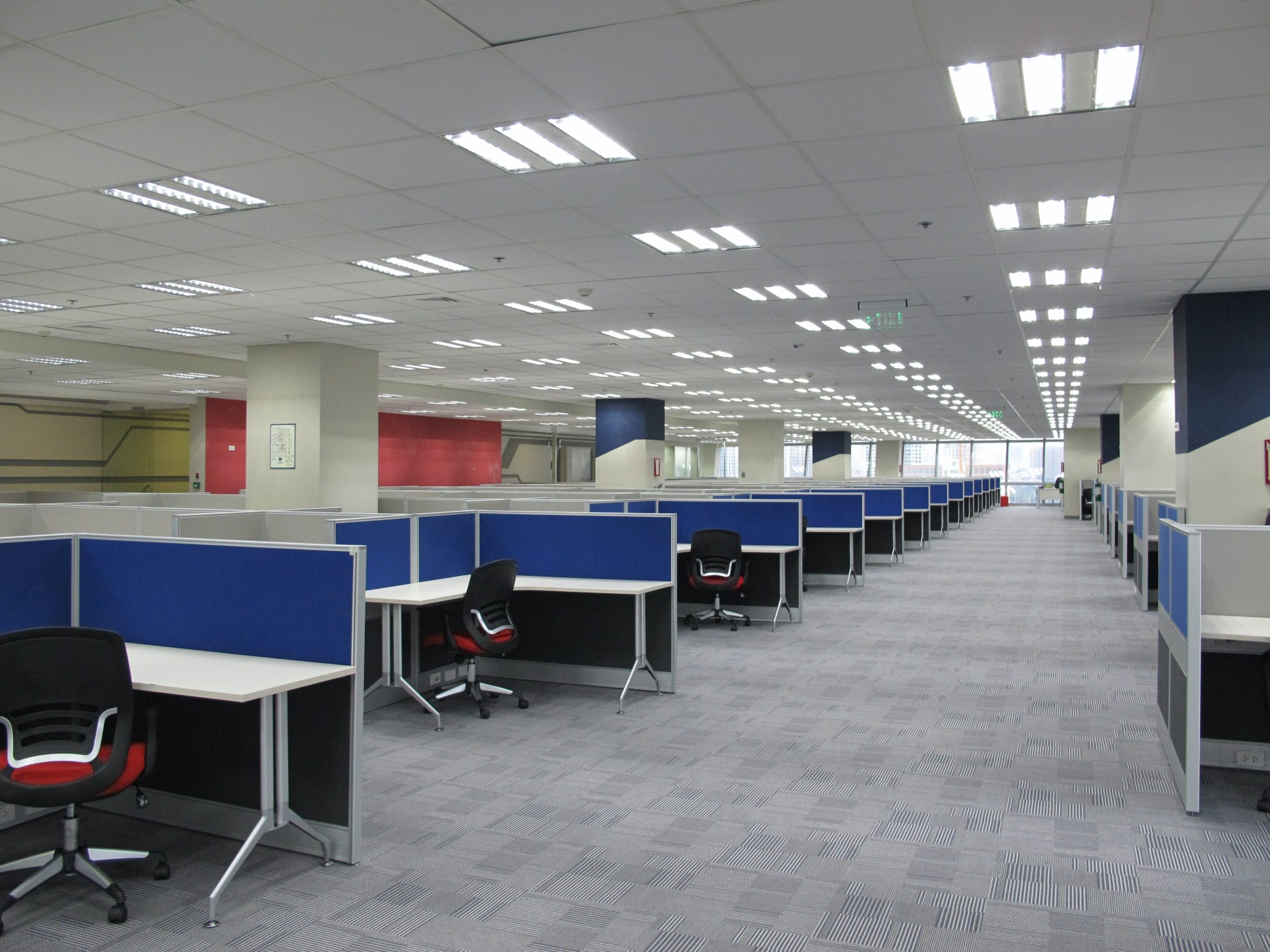
16 Oct What is the Easiest Commercial Flooring to Install?
Deciding on the right flooring for a commercial space is a crucial task that often goes unnoticed but has a significant impact. Functionality, aesthetics, and installation ease are key factors to consider. So, which type of commercial flooring is the easiest to install? Below are some options that are not only practical but also easy to get underfoot.
Vinyl Flooring
Vinyl flooring has stood the test of time as a go-to choice for various environments. Not only is it resilient against wear and tear, but it’s also straightforward when it comes to installation. Modern vinyl flooring options come as tiles or planks. The beauty of these is that they can often be installed directly over existing floors, cutting down the preparation time significantly.
A standard installation only requires measuring the area, cutting the tiles or planks as needed, and securing them in place. Most products come with adhesive backing or use an interlocking mechanism, eliminating the need for messy glues or specialised equipment.
Benefits of Vinyl Flooring
- Ease of Installation: Most people with basic DIY skills can install vinyl flooring.
- Water Resistance: Ideal for areas where spills are likely, making cleaning hassle-free.
- Variety: Comes in numerous colours and patterns, ensuring you don’t compromise on aesthetics.
Rubber Flooring
Especially useful in gyms, factories, or any space that requires a durable yet cushioned surface, rubber flooring is a versatile choice. It comes in rolls or puzzle-like tiles that can be easily fitted together. The tiles usually snap in place, eliminating the need for nails or glue. This feature becomes particularly useful if the floor underneath is not perfectly level, as rubber is quite forgiving.
Why Choose Rubber?
- Effortless Installation: Mostly a matter of cutting and placing.
- Comfort: Offers a cushioned surface, reducing fatigue from long-standing periods.
- Durability: Withstands heavy foot traffic and is long-lasting.
Laminate
Laminate flooring offers the elegant look of hardwood without the cost and complexity of installation. The boards are designed to interlock, making it a straightforward DIY project for most. An underlayment is usually rolled out over the subfloor, and then the laminate boards are snapped on top of it.
Advantages of Laminate
- Simple to Install: The interlocking mechanism means you can avoid the use of adhesives or nails.
- Cost-effective: Generally cheaper than natural wood but offers a similar look.
- Variety: Available in multiple styles and textures to match your interior design.
Carpet Tiles
If you want the cosy feeling of a carpet without the complexity of installation, carpet tiles are a fantastic option. These tiles have adhesive backings, so all you have to do is peel off the protective layer and stick them onto the floor. The adhesive is strong enough to hold the tile in place but allows for easy removal if a tile needs to be replaced.
Why Consider Carpet Tiles?
- Speedy Installation: Can be installed in a matter of hours depending on the size of the space.
- Flexibility: Damaged tiles can be individually replaced, saving costs in the long term.
- Comfort: Provides a soft surface, making it ideal for offices where employees may be standing or walking frequently.
Considerations Before Installation
Before making a choice, other factors come into play, such as the long-term maintenance needs, costs, and the specific requirements of your commercial space.
Budget and Longevity
Although the initial costs are crucial, remember to factor in long-term expenses like cleaning, maintenance, and possible replacement.
Area Specifics
Certain commercial flooring options are more suitable for specific types of environments. For example, rubber flooring is excellent for a gym but might look out of place in a boutique.
Maintenance Needs
Ease of cleaning and maintenance could influence your decision. For instance, vinyl is straightforward to clean, while carpet tiles may require more frequent vacuuming and stain removal.
Final Thoughts
Flooring is more than a surface to walk on; it sets the tone for your commercial space. Whether it’s vinyl, rubber, laminate, or carpet tiles, each has its own set of advantages and installation ease. By considering factors like long-term maintenance, cost, and the specific needs of your commercial area, you can make an informed decision that marries practicality with aesthetics.



